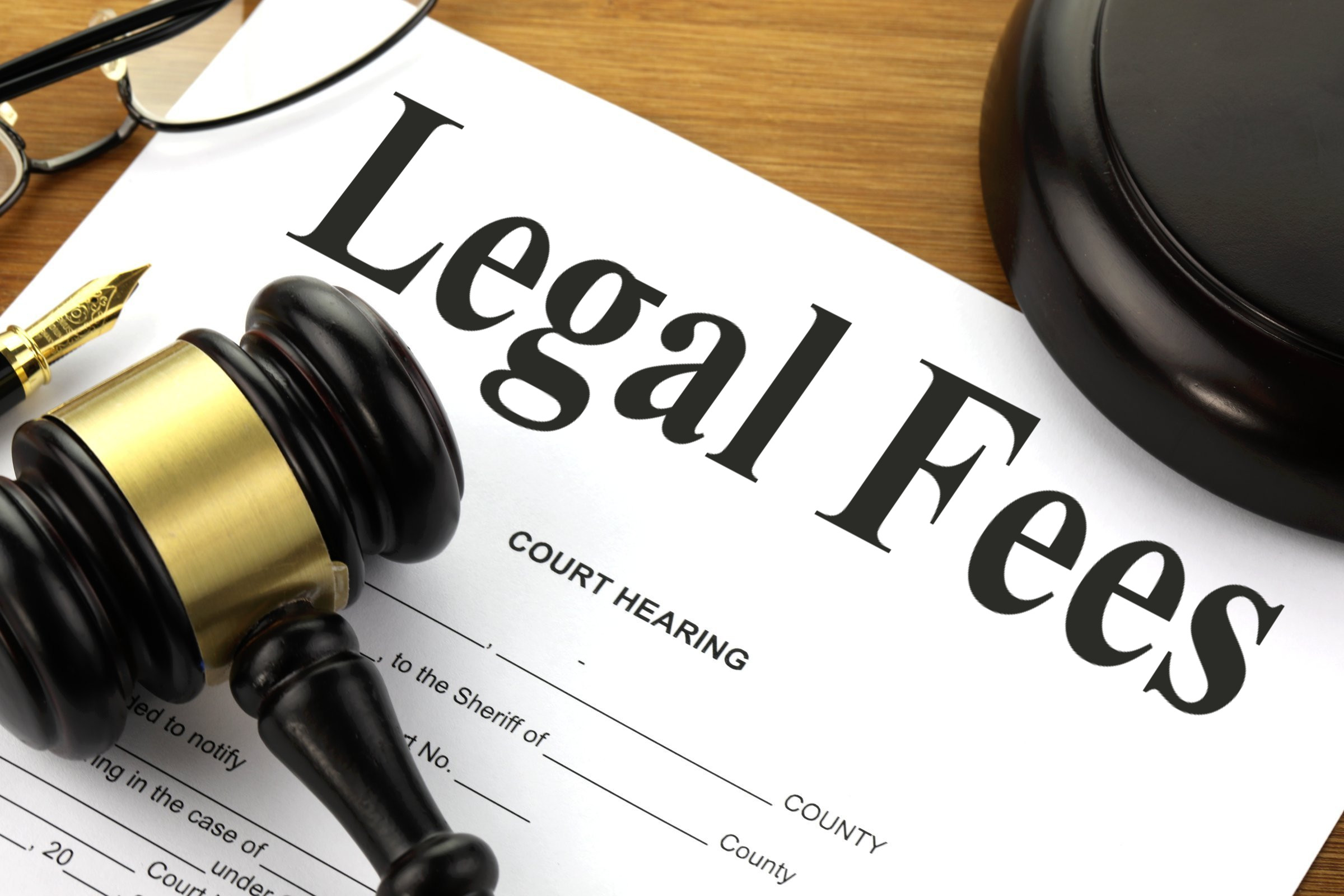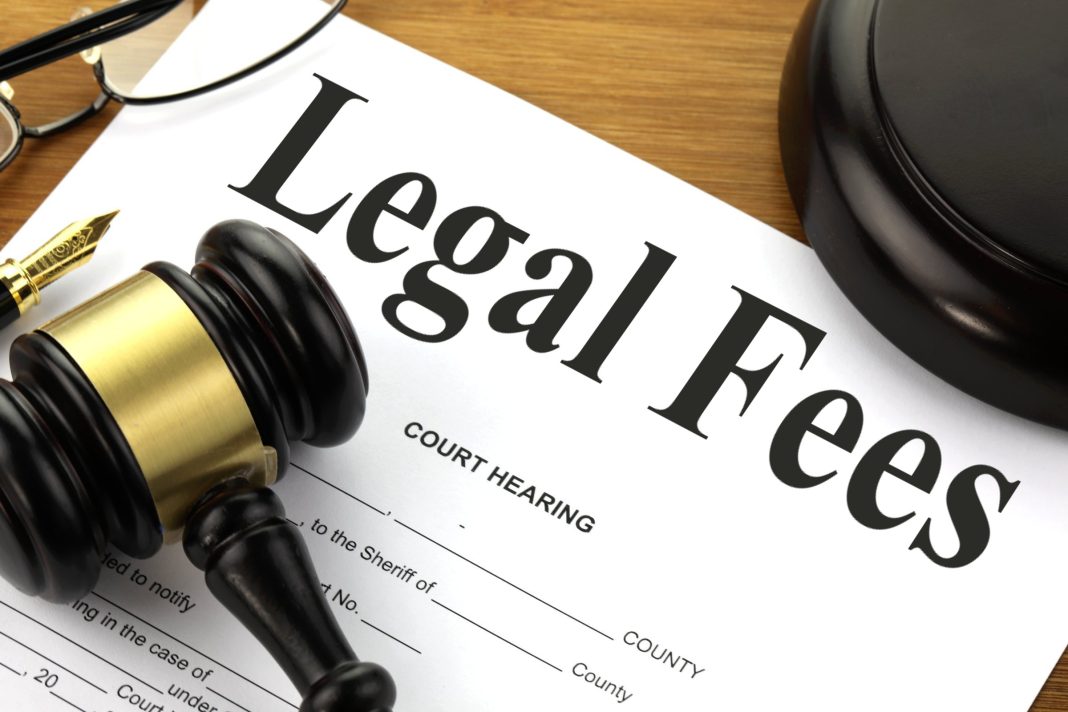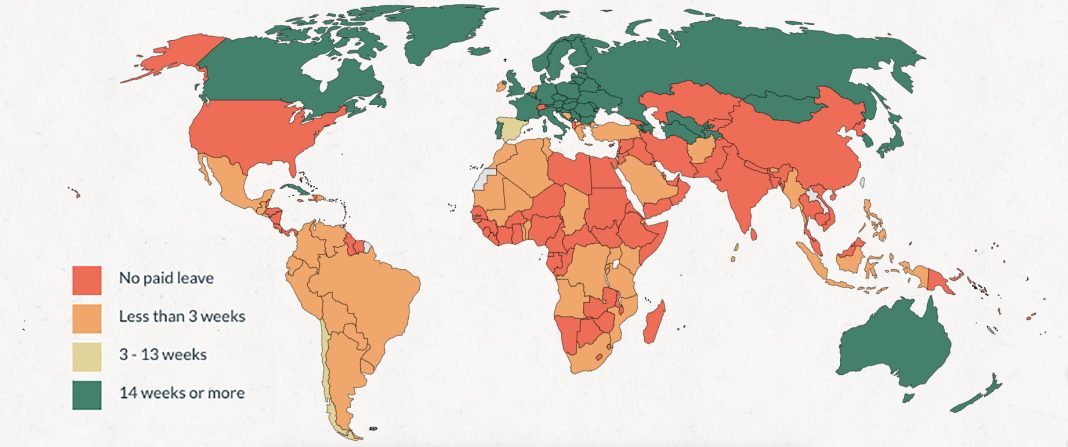 U.S. Banking Industry Wins Battle Against Consumer Financial Protection Bureau’s Fee Limitations
U.S. Banking Industry Wins Battle Against Consumer Financial Protection Bureau’s Fee Limitations
In a recent development, the U.S. banking industry has succeeded in its efforts to halt the implementation of a Consumer Financial Protection Bureau (CFPB) rule centered around limiting the fees that credit card companies can charge for late payments. The ruling comes as a victory for the industry and safeguards a crucial revenue stream for credit card issuers. However, it also raises concerns about the financial burden shouldered by American families due to delayed implementation.
The regulation, which was announced in March and scheduled to take effect this week, aimed to cap late fees at $8 per incident instead of the current average of $32. Additionally, it sought to restrict the industry’s ability to increase these fees further. The CFPB estimated that American families would save approximately $10 billion annually in fees as a result of this rule.
However, a federal court ruling on Friday delivered a setback to the CFPB’s plans. Judge Mark Pittman of the Northern District of Texas granted a preliminary injunction, temporarily freezing the implementation of the regulation. The judge sided with plaintiffs, including the U.S. Chamber of Commerce, who argued that the rule posed significant challenges.
The delay in implementing the regulation raises uncertainty about its future and leaves consumers vulnerable to high late fees. A CFPB spokesperson expressed concern, stating that with each month of delay, consumers would bear an estimated $800 million in late fees. This money would only serve to boost the profit margins of major credit card issuers.
The industry’s lawsuit against the regulation is seen as an attempt to protect their substantial profits derived from charging borrowers excessive late fees. The CFPB has accused credit card issuers of taking advantage of consumers with low credit scores by imposing increasingly higher penalties over the past decade. On the other hand, trade groups argue that fee caps redistribute costs unfairly to those who pay their bills on time.
The White House has expressed disappointment with the court’s decision, emphasizing President Biden’s commitment to safeguarding middle-class families from corporate abuses. The administration firmly supports the CFPB’s rule, which aimed to significantly reduce excessive credit card late fees. However, it remains to be seen how this setback will impact the rule’s future and whether alternative measures will be pursued to protect consumers.
While the Consumer Bankers Association (CBA) has expressed its satisfaction with the court’s decision to grant a preliminary injunction, it intends to continue its legal battle against the CFPB. The CBA seeks to have the rule completely thrown out, arguing that it is fundamentally flawed.
In conclusion, the banking industry’s legal victory has temporarily halted the implementation of the CFPB’s regulation on credit card late fees. This outcome protects the industry’s profits but potentially burdens American families with substantial fees. The delay raises questions about consumer protection and highlights the ongoing battle between industry interests and efforts to address excessive fees. The future of the regulation remains uncertain, and its ultimate impact on consumers is yet to be determined.


